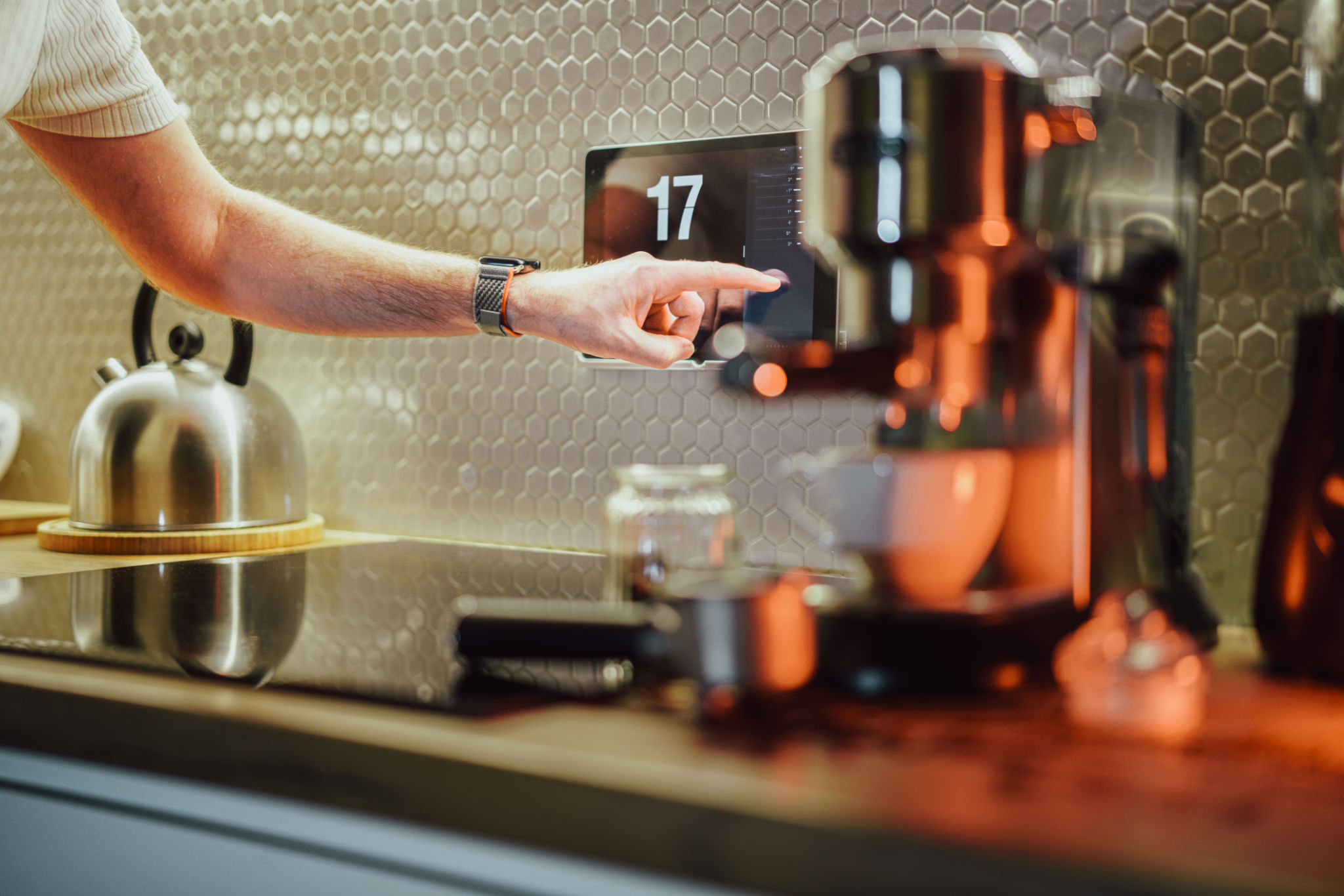Exploring the Future of Food: AI Trends in the Culinary World
MC
Introduction to AI in the Culinary World
The culinary world is undergoing a significant transformation, thanks to the rapid advancements in artificial intelligence (AI). From personalized meal planning to innovative cooking techniques, AI is reshaping how we experience food. In this blog post, we'll delve into the exciting AI trends that are set to revolutionize the future of food.
Personalized Nutrition
One of the most promising applications of AI in the culinary world is personalized nutrition. By analyzing individual dietary needs, preferences, and health data, AI can create customized meal plans that cater specifically to each person's requirements. This not only enhances the dining experience but also promotes healthier eating habits.
AI-driven apps and platforms can recommend meals that align with users' nutritional goals, whether it's weight loss, muscle gain, or managing specific health conditions like diabetes. These recommendations are based on a vast database of nutritional information and user data, making them highly accurate and effective.

Smart Kitchens and Cooking Assistants
Another exciting trend is the rise of smart kitchens and AI-powered cooking assistants. These technologies are designed to make cooking more efficient and enjoyable. Smart kitchen appliances, such as AI-enabled ovens and refrigerators, can suggest recipes based on the ingredients you have on hand, monitor cooking processes, and even adjust temperatures and cooking times automatically.
AI cooking assistants, like chatbots and virtual chefs, provide step-by-step guidance, answer culinary questions, and offer tips to improve your cooking skills. These assistants are becoming increasingly sophisticated, capable of understanding complex cooking techniques and dietary restrictions.

Food Waste Reduction
Food waste is a significant global issue, and AI is playing a crucial role in addressing it. AI algorithms can predict demand more accurately, helping restaurants and food producers minimize waste. By analyzing historical data and current trends, AI can optimize inventory management and reduce overproduction.
Moreover, AI-powered apps can help consumers reduce food waste at home. These apps suggest recipes based on leftover ingredients, track expiration dates, and provide tips for proper food storage. This not only saves money but also contributes to a more sustainable food system.
Innovative Food Production
AI is also driving innovation in food production. From lab-grown meat to plant-based alternatives, AI is helping to create sustainable and nutritious food options. Machine learning algorithms are used to optimize the texture, flavor, and nutritional content of these products, making them more appealing to consumers.

Additionally, AI is being used in agriculture to enhance crop yields and reduce resource consumption. Precision farming techniques, powered by AI, enable farmers to monitor soil conditions, weather patterns, and crop health in real-time. This leads to more efficient farming practices and higher-quality produce.
Conclusion
The integration of AI in the culinary world is opening up new possibilities and transforming the way we interact with food. From personalized nutrition and smart kitchens to food waste reduction and innovative food production, AI is set to revolutionize the culinary landscape. As these technologies continue to evolve, we can expect even more exciting developments that will enhance our dining experiences and promote a healthier, more sustainable future.
